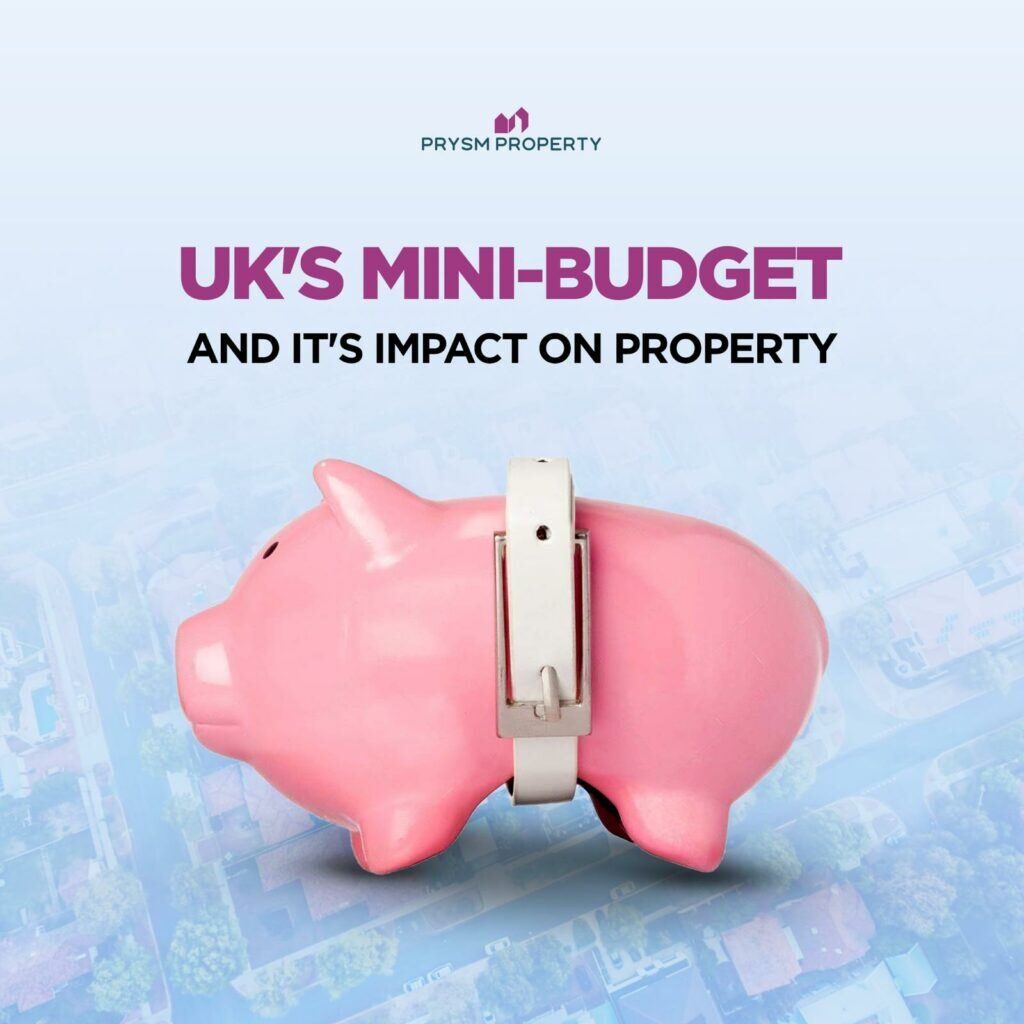Jeremy Hunt has released the autumn statement and it is expected to impact the investors and the economy of the UK.
The UK Autumn Budget Statement at a Glance
The chancellor Jeremy Hunt presented the autumn statement after his predecessor’s mini-budget in September. The mini-budget triggered a slump in the pound and a sell-off in UK government bonds. Contrary to that, Jeremy’s autumn statement was a lot about reassuring the markets by demonstrating fiscal responsibility. He focused on reducing spending and increasing taxes to narrow the gap between the government’s income and outgoings.
Here are the main points:
● The annual CGT exemption will be slashed from £12,300 in the current tax year to £6,000 in 2023/24 and £3,000 in 2024/25.
● The annual dividend allowance will fall from £2,000 in the current tax year to £1,000 in 2023/24 and £500 in 2024/25.
● The additional-rate income tax threshold will be lowered from £150,000 to £125,140 from April 2023.
● The Inheritance Tax nil-rate band and residence nil-rate band have also been frozen for another two years until 2028.
● With no change in pension lifetime allowance and pension tax relief, the state pension will increase in line with inflation by 10.1% in April 2023.
● Stamp duty cuts have been reversed.
Impact of New Autumn Budget Statement on the Housing Market
Experts believe that the UK housing market will remain buoyant. By reversing the stamp duty cuts announced in the mini-budget from April 2025, chancellor Jeremy Hunt has actually announced a 28-month stamp duty holiday. It may help boost activity closer to the deadline but it appears to oppose the message sent by the UK government during the pandemic that a liquid housing market was promising for social mobility and had broader economic benefits.
Property experts have assessed that the message for anyone buying or remortgaging is that mortgage rates should continue to edge downward in the coming months. It also indicates the stability of recent weeks will continue. In short, the Autumn budget included widely anticipated tax rises but opened the door for property investment.
Impact of Falling Pound on the UK Property Investment
The UK’s mini-budget had introduced a degree of instability in financial as well as property markets that are unlikely to quickly fade, according to economists.
The value of the pound has fallen to a record low against the U.S. dollar in recent times and it is making the UK’s economic situation uncertain. From a property investment perspective, devaluing the pound is undoubtedly impacting UK-based investors along with the cost of living crisis and surging energy prices.
However, for foreign investors, this may provide a unique opportunity to invest in the UK’s property market to benefit from a higher yield than before, as currencies like the dollar or the euro will be worth more than the pound. Owing to this decreased currency value, UK investments are currently comparatively cheaper overall.
Despite the name, the UK’s autumn statement has announced quite a few changes and one of the biggest announcements is higher taxes and lower spending that will eventually help to bring down inflation, which has risen to a 41-year high of 11.1% in October this year. The government is keen to confront inflation without damaging the UK’s longer-term growth prospects. Coming in the shadow of former chancellor Kwasi Kwarteng’s widely criticised mini-budget, the tax hikes and spending cuts in this autumn statement were very much expected.


